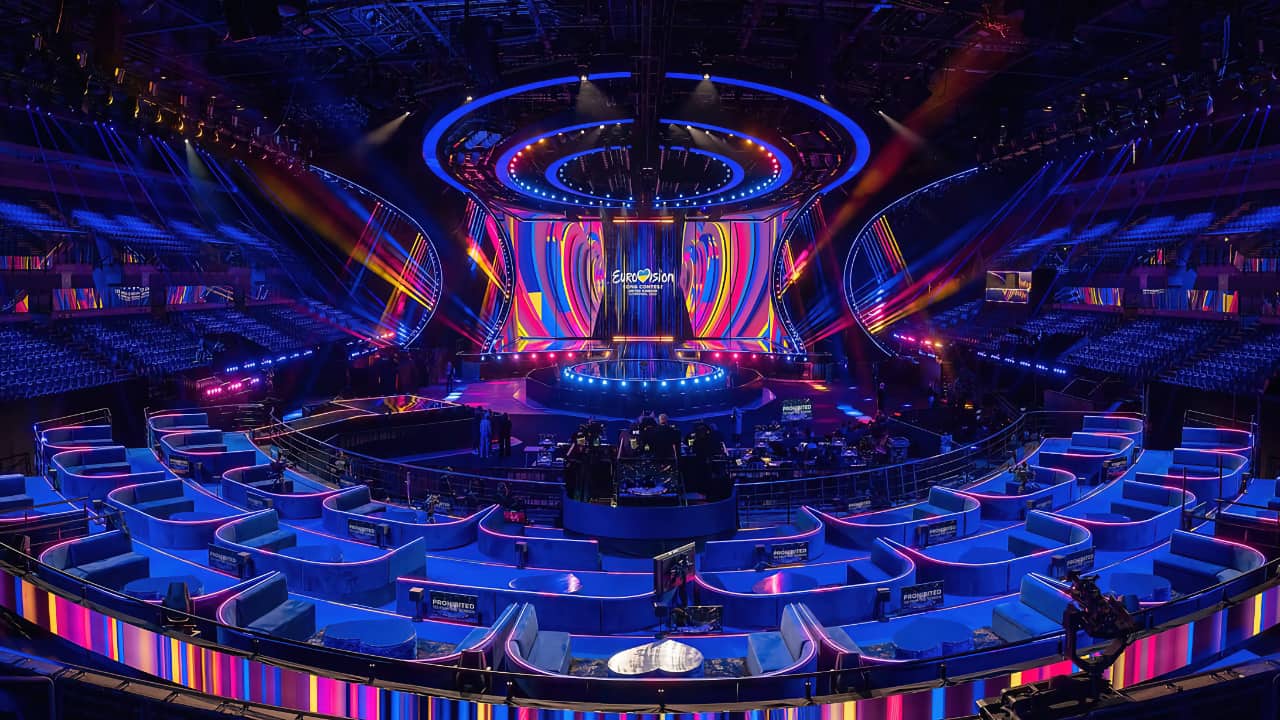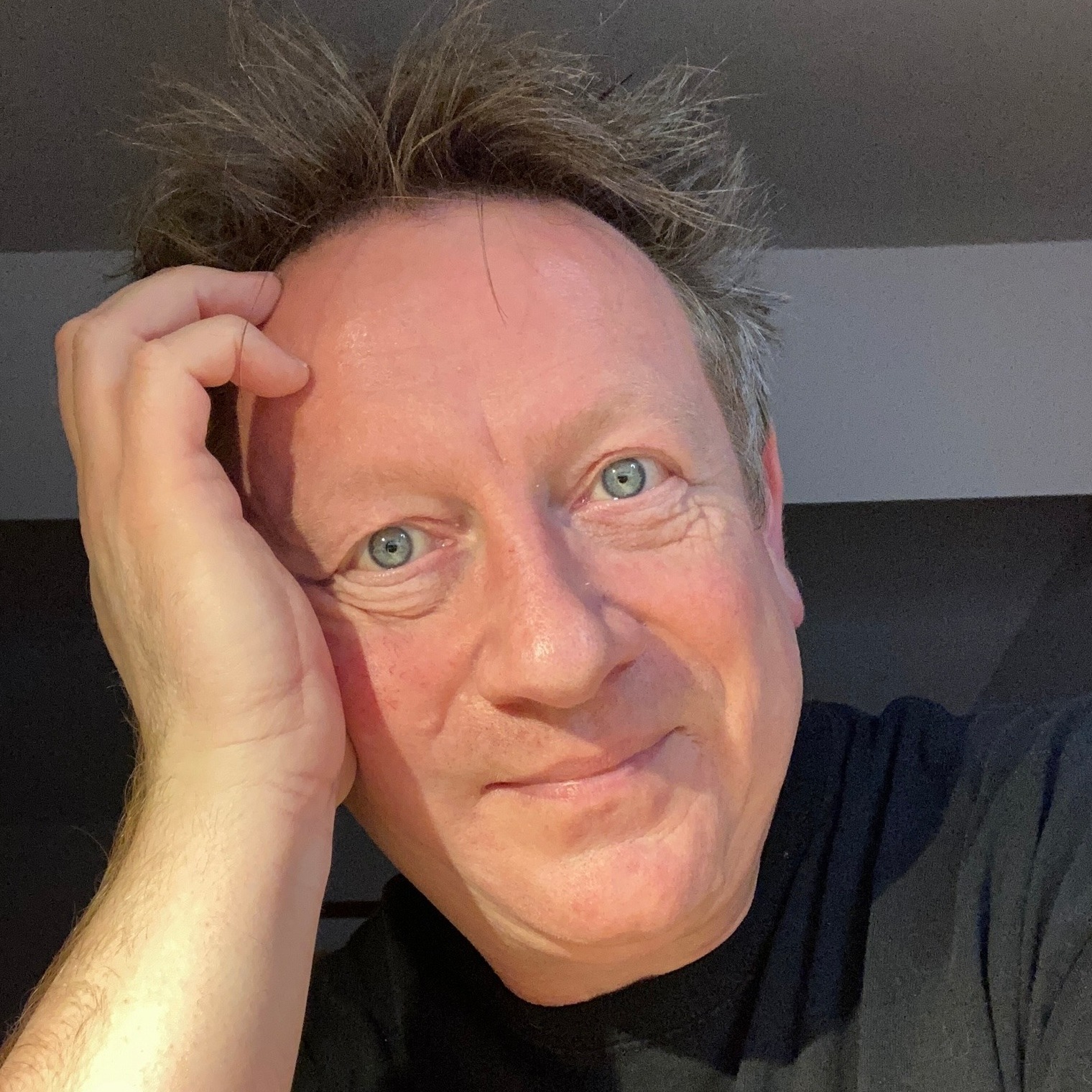
As entertainment shows go, few come bigger than the annual festival of wonderful cheesy pop music that is the Eurovision Song Contest. What does it take to broadcast it? Quite a lot it happens.
Let the statistics show that this year’s Eurovision Song Contest is one of the biggest events ever produced. Let them also show that on the back of broadcasting an even more improbably cheesy, minutely choreographed event from Westminster Cathedral the week before, the BBC has had a busy old week of it.
The Kalush Orchestra from the Ukraine won last year’s Eurovision Song Contest and, as winners, the Ukraine gained the right to host and broadcast this year’s contest. However, events being what they are over there still, it was decided that it would be safer and more practical all round if the runners up, the UK, could broadcast the contest instead.
Given that five-time winners the UK hadn’t won since 1997 (Love Shine A Light by Katrina and the Waves) and had frankly been throwing any old rubbish at the contest until last year’s excellent Sam Ryder effort, that was fair enough. Arguably his Space Man would have won in any normal year too, and so, after a bit of a contest to find the host city, Liverpool was chosen and an army of technicians started to descend on the Liverpool Arena for this week’s semi-finals and the main event on Saturday night.
Including numerous rehearsals to get the timing just so, there are nine live shows to be transmitted and the staging is both massive and complex. The BBC has thoughtfully compiled all the numbers into a single document for anyone remotely interested and here are the relevant ones.
Staging
600 rigging points, 140 tons of steel ground support structure, and 1KM of additional steel truss work being added to the arena. The event will feature 8 miles of cabling for lighting, sound, video and SFX, over 2,000 specialist lighting fixtures, 200 custom staging decks, 950 square metres of staging for the main stage, and 500 square metres of staging for the green room. 2000 metres of secure fencing will be used to keep the event safe and secure.
Lighting
The lighting at the contest will feature 165,000 channels of lighting control across 3 operators, 23,700 individual light sources, and 2500 automated state of the art colour-changing robotic lights. The lighting team will use 9 consoles to run 28,000 lighting cues, while 15 follow spots will be operated by 10 professionals and 5 theatre technology students from LIPA & Cheshire College — the latter who will be very very nervous right about now.
Audio
For sound, there’s 150 microphones and over 1,200 individual streams of audio.
Audience
The broadcast of the contest will be watched by over 160 million viewers worldwide, with over 8 hours of live TV and 50 live feeds. 29 commentators will broadcast live from the arena and there are less than 50 seconds to strike and set between performances. Famously, it was discovered at a very late stage in rehearsals for last year’s Contest in Rome that parts of the stage wouldn’t rotate in time and the lighting designers for each act had to come up with whole new staging in around three days flat.
Cameras
Only kidding. The BBC hasn’t shared what cameras will be used on the show yet, which is a bit of an odd oversight. Even more so when you consider that it has listed such salient facts as over 1000 litres of hairspray and 3,000 makeup brushes will be used, as well as that there are 150 metres of costume rails full of costumes. But then, this is Eurovision and the laws of the normal universe don’t quite apply*. When we find out, we’ll pass the info on.
Favourite to win this year is Sweden’s Loreen with Tattoo. She actually won it in 2012 with the magnificent Euphoria; check out the winning performance of that below.
*Your humble correspondent can usually be found listening to the likes of Rush and the heavier end of the spectrum, so is all too well aware of the distorting nature of Eurovision’s morphic field.
Tags: Production


Comments